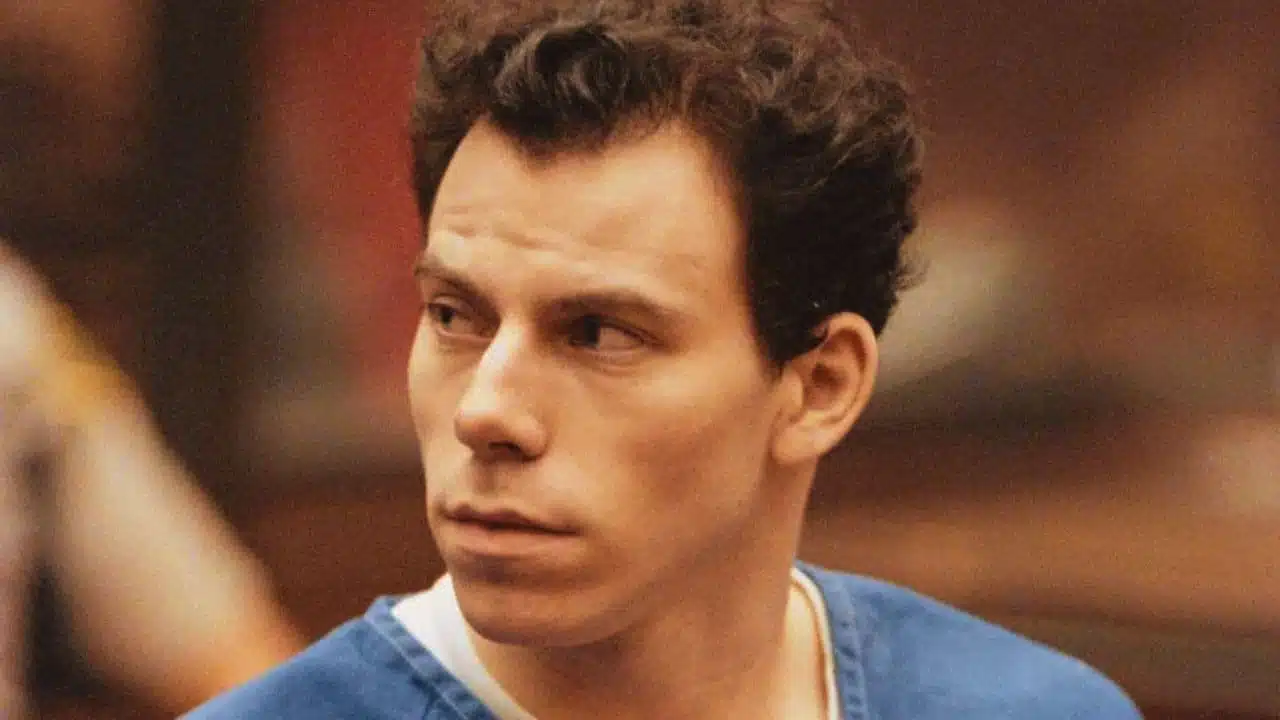Netflix’s latest documentary, Menendez Brothers, gives Erik and Lyle Menendez the chance to share their rare reflections on the 1989 murders of their parents, José Menendez and Mary Louise “Kitty” Menendez, and the traumatic trials that followed. The brothers, who were convicted of the murders in 1996, have long claimed that the abuse they suffered at the hands of their father played a crucial role in the tragic events.
Harrowing Abuse and a Heartbreaking Apology
During their first trial, which began in 1993, Lyle and Erik detailed the years of sexual abuse they endured from their father. Lyle, now 56, admitted that their father, José, had sexually assaulted him when he was between the ages of 6 and 8. In his emotional testimony, Lyle revealed that this abuse led him to molest his younger brother Erik during their adolescence.
On the stand, Lyle broke down in tears as he apologized to Erik in front of the court. “I took him out to the woods, and I played with Erik… in the same way,” Lyle confessed, filled with remorse. “And I’m sorry. I’m sorry.”
For Erik, now 53, this apology remains a deeply emotional moment. In the Netflix documentary, he reflects on how much it impacted him. “I remember when he apologized to me on the stand for molesting me,” Erik shared. “That was a devastating moment for me. He had never said he was sorry to me before.”
A Mother’s Response and Lingering Guilt
In the documentary, Lyle also recalls the moment he told his mother, Kitty, about the abuse from their father. Her response, as Lyle explained during his testimony, was not one of concern. “She told me to stop it and that I was exaggerating,” Lyle said. He went on to recount that his mother believed his father’s actions were a form of punishment, stating, “She told me that he loved me.”
Despite these painful memories, Erik expressed his profound love for his mother and the guilt he still feels over her death. “I miss my mother tremendously,” Erik said. “I wish I could go back, talk to her, give her a hug, and tell her I love her. I just want that connection.”
The Trials and Public Scrutiny
The brothers’ first trial ended in a hung jury, but they were both convicted of two counts of first-degree murder during their second trial in 1996 and sentenced to life in prison. Their defense hinged on the years of abuse they endured, which they argued led to the murders, but the jury ultimately did not accept this as justification for the killings.
In the documentary, defense expert Dr. Ann Burgess, who met with the brothers after the murders, shares her belief that the root of the tragedy lay in family dysfunction. “I said there has to be something going on in the family for this to have happened,” Burgess said, rejecting the idea that money or revenge motivated the murders.
Renewed Attention and Calls for Justice
Interest in the Menendez case has grown in recent months, thanks in part to the Netflix documentary and Ryan Murphy’s upcoming miniseries Monsters: The Lyle and Erik Menendez Story. The brothers also found an unexpected ally in Kim Kardashian, who visited them in their San Diego prison in September and later wrote an op-ed arguing that they deserve a new trial.
“I have spent time with Lyle and Erik; they are not monsters,” Kardashian wrote. “They are kind, intelligent, and honest men.”
She further argued that the punishment they received did not fit the complexity of the case. “Had this crime been committed and tried today, I believe the outcome would have been dramatically different,” Kardashian added.
The Menendez Brothers documentary sheds light on a case that continues to stir public interest and debate. With new media coverage and support from figures like Kim Kardashian, the Menendez brothers’ story remains a complex chapter in the legal and criminal history of the United States. Whether their case will ever be reexamined in court remains to be seen, but their testimony and reflections continue to evoke empathy and curiosity among those who follow their story.



































